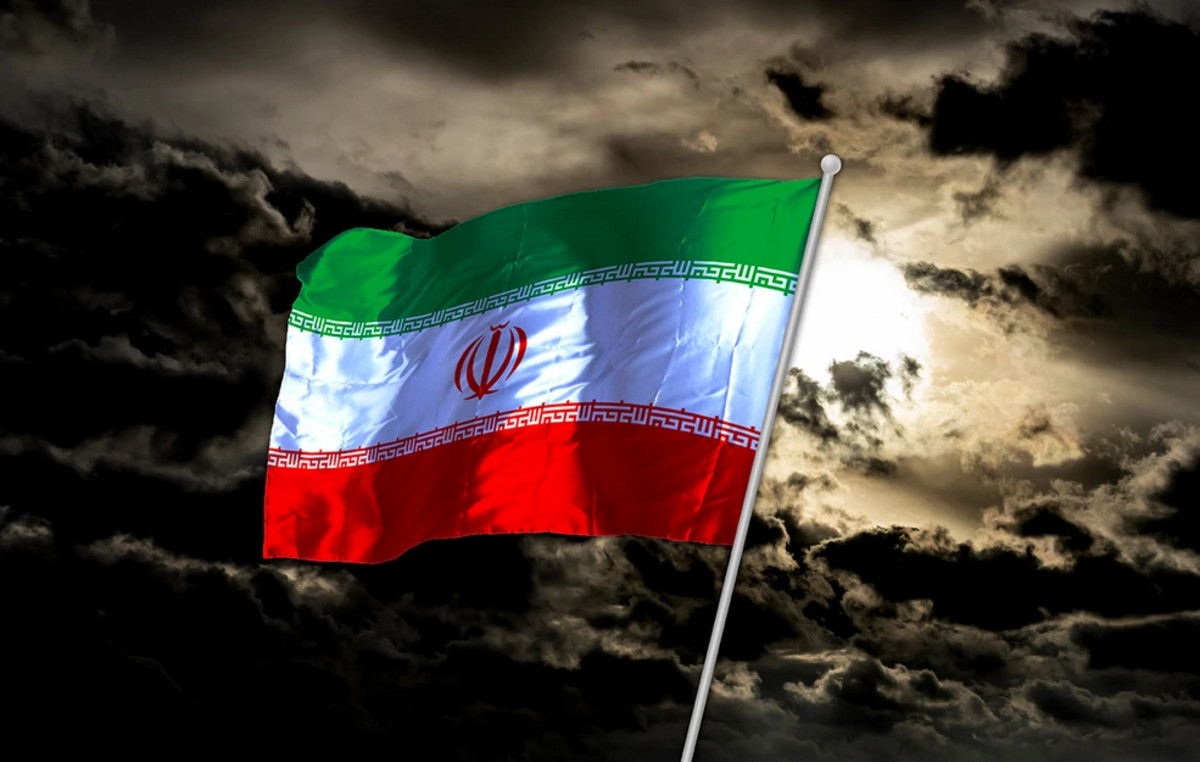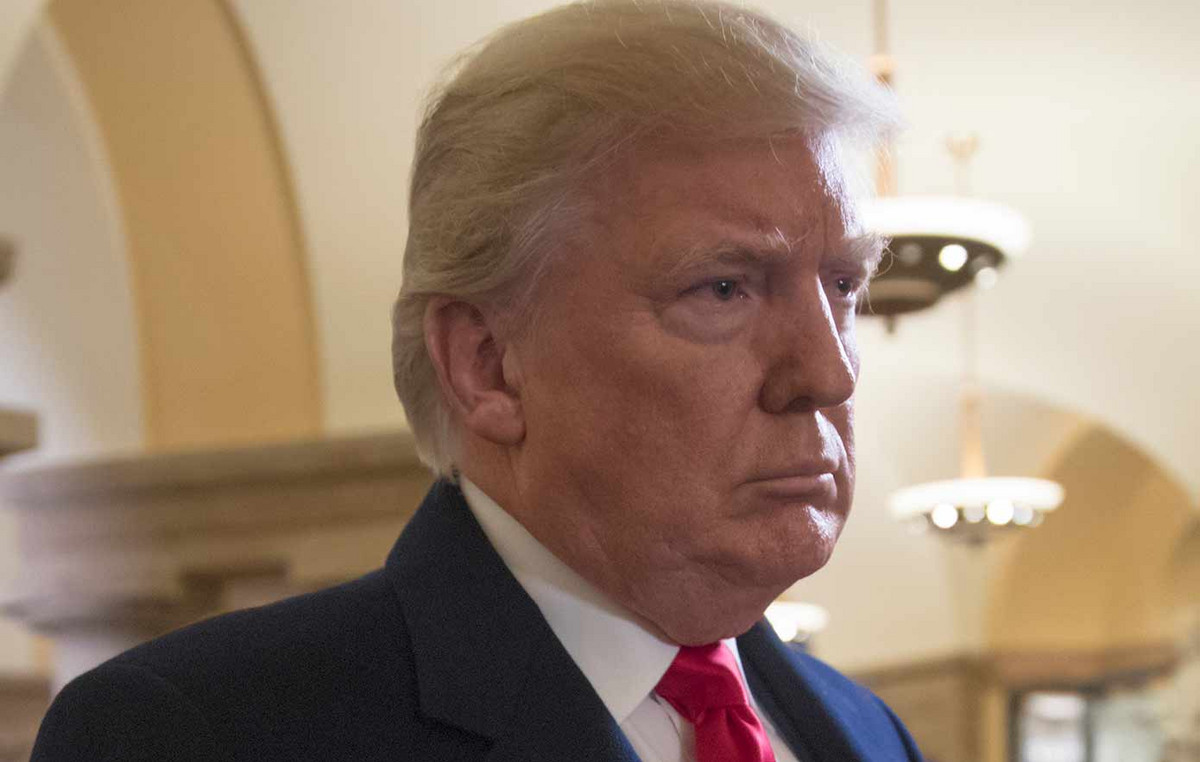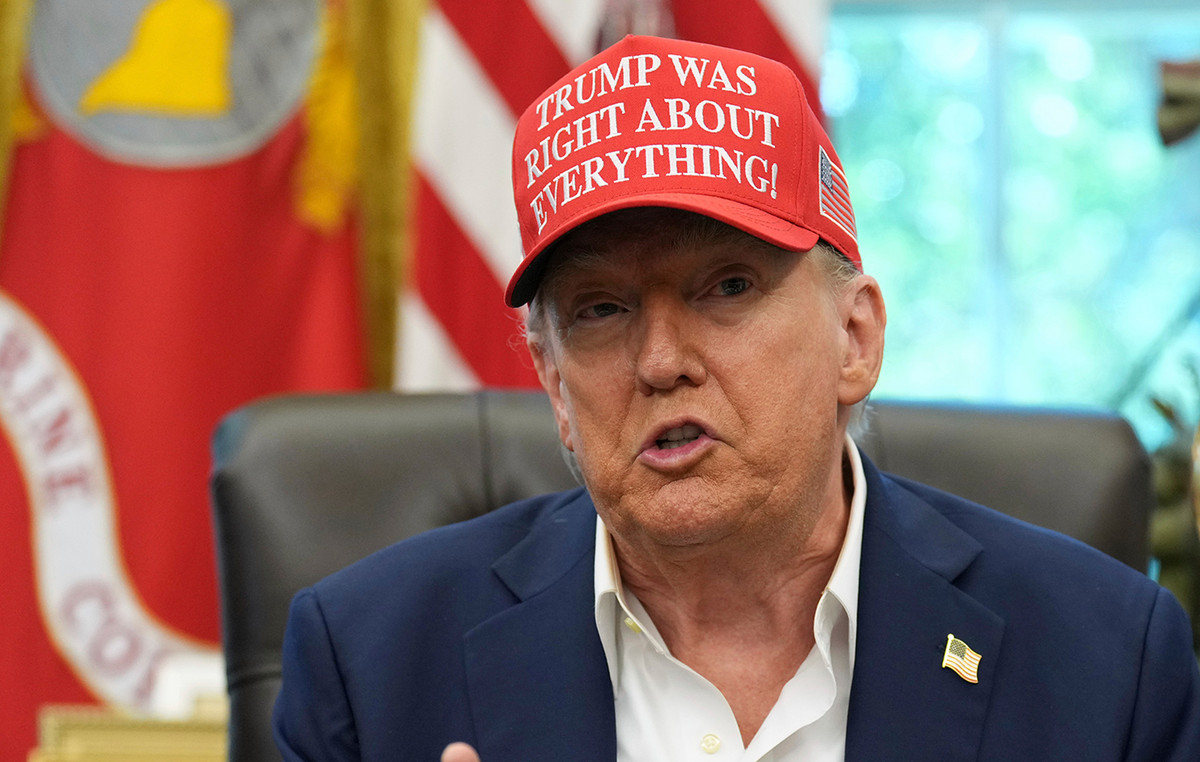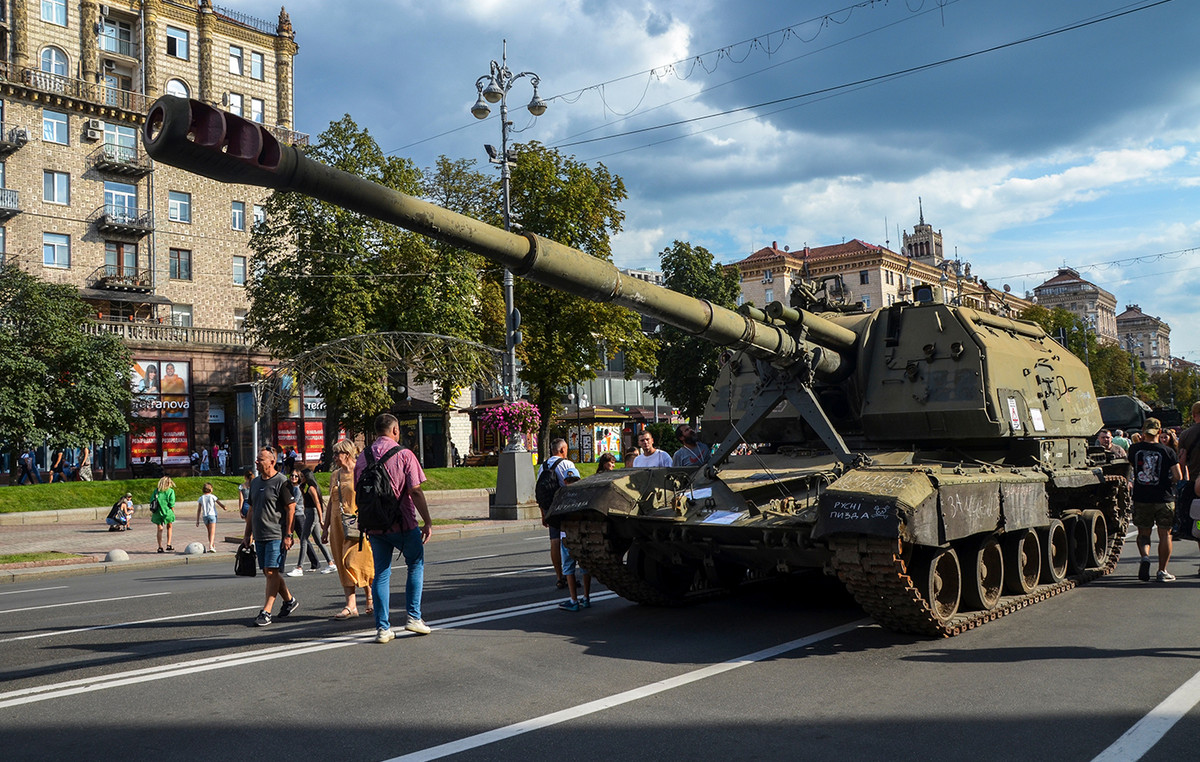The greatest value of Warfarein the room from August 21, also coincides with its most evident limit. The Italian subtitle already suggests it, Wartimewho frames the work of the veteran Ray Mendoza, flanked by Alex Garland. The film tells an episode really lived by Mendoza: in 2006, a unit of the Navy Seal was trapped in an Iraqi house during a surprise attack. Warfare It is nothing more than this. But everything is enclosed here.
The claustrophobic expectation of the clash
The film is built with extreme attention to space and time: the viewer lives the “here and now” together with the protagonists, as if it were closed with them in those four walls. There is no search for deeply reassuring background psychologies. Everything remains confined to what happens before the eyes, in that suspended instant in which brotherhood and survival coincide. It is precisely in military microcosm, forged by fear and necessity, that the indissoluble link between the soldiers emerges. So the public is dragged into a sort of collective subjective, where nothing is staged if not what can really happen – and that, in the case of Mendoza, it happened.
Cinema or immersive experience?
The film constantly plays on the border between voyeurism And direct participationapproaching the language of video games who have been experiencing this form of immersion for some time. The feeling is to be in the heart of the action, without escape routes and without digressions. Warfare It opens and closes in the same perimeter, without granting explanations, without the need for a “first” or “after”. It is a coherent and radical choice, which however leaves the narrative in an ambiguous area: effective on the conceptual level, but more fragile on the emotional one. Because, if the war is alone violence and despairthe doubt remains that there is little room for anything else.
A cast at the service of the technique
Mendoza and Garland undress the characters of any psychological nuance. There is no analysis of the disturbances, nor questions about the reasons that brought those soldiers to Iraq. The operation remains personal, almost private, and for this reason it never widens to a wider reflection on the conflict, on its contradictions or on its consequences. The film thus becomes a showcase to observe more than a door to cross.
Is the reversal of the speech carried out by Civil War – always by Garland – who in 2024 faced, with disturbing lucidity, the hypothesis of one American civil wardigging in its political and ideological roots. In Warfare instead the technique takes over: the direction of Mendoza cares with obsession the use of weaponsfrom the procedures and even of the posture of soldiersas the credits show. On the aesthetic level, Garland’s hand weighs, especially in photography and a sound design that amplifies it loss of the viewerreturning an almost physical sound experience.
The result is a Film closed in itself, strict in its shape, but unable to open up to a wider breath. Warfare – War time Thus, above all, the memory of those who lived it, rather than a work capable of returning to the public the echo of a conflict that continues to question our era, remains.
Source: Vanity Fair
I’m Susan Karen, a professional writer and editor at World Stock Market. I specialize in Entertainment news, writing stories that keep readers informed on all the latest developments in the industry. With over five years of experience in creating engaging content and copywriting for various media outlets, I have grown to become an invaluable asset to any team.







